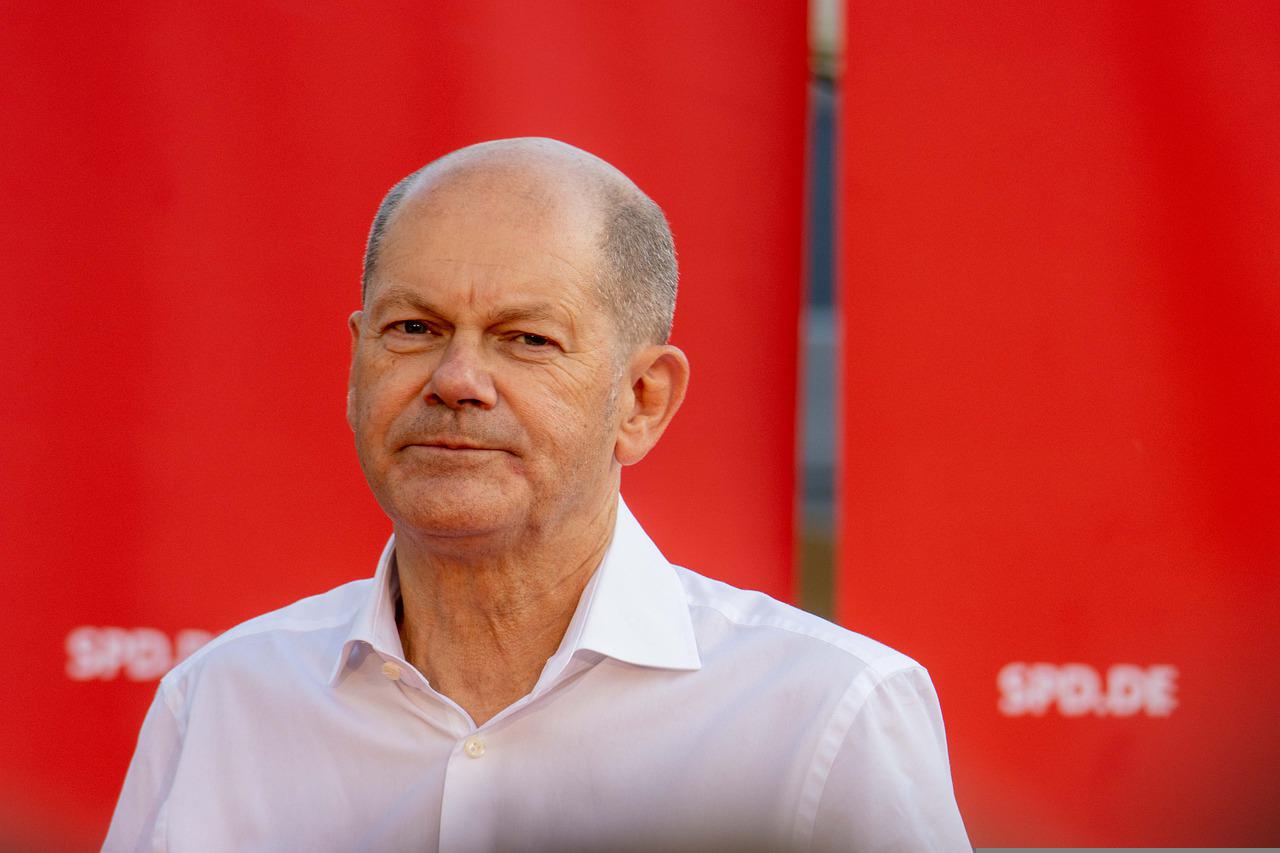How Germany gets scared and takes cover on the economy and gas

What happens to the German economy and how the German government moves on gas, inflation and more. Pierluigi Mennitti's point from Berlin
The first energy company to end up in the state safety net will be Uniper, one of the largest gas importers and distributors in Europe and dangerously exposed on the Russian market. The German government has drafted an amendment to the law that provides for the possibility of a direct participation of the state in energy companies in difficulty to avoid a possible collapse of supplies and the gas industry.
The news had already leaked in recent days, when Uniper's CEO, Klaus-Dieter Maubach, had raised a cry of alarm after the company had withdrawn its earnings and profits targets for fiscal 2022 due to the uncertainty of the situation. and had disclosed ongoing talks with the government for the "definition of stabilization measures".
The model that will be adopted is the one used for Lufthansa during the pandemic crisis, when the state disbursed a 3 billion euro loan through the public bank Kfw and there was the transfer of a 20% stake in Lufthansa to the government which entered the supervisory board with two seats and voting rights only in exceptional cases. A complex aid mechanism, based on the so-called acceleration law of economic stabilization and on the economic stabilization fund contained therein, which allowed the airline to go through the economic turbulence caused by the first waves of Covid. And now he will have to help those energy companies in trouble due to cuts in supplies from Russia, Uniper first. Gas importing companies lose hundreds of millions of euros every day because they cannot pass on the sharp increase in procurement costs to their customers, as the gas they have to source elsewhere costs money.
According to plans, the entry of the state will be regulated by a new paragraph 29 of the Energy Security Act. The Frankfurter Allgemeine Zeitung explicitly cites a draft of a specific amendment proposed by the parliamentary groups of the government majority. The road map will be quick, as is magically happening in all sectors involved in the energy crisis. The final version will need to be approved by the Bundestag and the Bundesrat, probably as early as next Friday, so that affected companies can soon receive the expected help.
In the meantime, Olaf Scholz moves on other related crisis fronts, such as inflation. Since yesterday, Germany has dusted off an instrument used in other difficult phases of the last century, “concerted action”. In fact, a working table that brings together representatives of the government, entrepreneurs, trade unions, economists, university professors and the governor of the Bundesbank to discuss in an informal way the situation determined by the high prices and the possible solutions to be adopted.
The chancellor called inflation a "social bomb". "When the costs of heating suddenly increase by a few hundred euros, it is a sum that many people are unable to afford," he said in the traditional summer interview broadcast on Sunday's busiest time on public television Ard, " and every citizen notices it at the supermarket, in other shops and at service stations ".
The objective of the negotiation table with the social partners and the academic world is to find a way that allows on the one hand to mitigate the impact of the increases for citizens, and on the other to avoid a dangerous wage-price spiral. The first signs are already there. The hot autumn of trade union negotiations for the renewal of employment contracts is approaching and the pressure for pay increases has already started with the unions ready to defend the purchasing power of their members in this way.
The meeting on Monday afternoon – the first of a long series that will continue in the coming months – did not produce any concrete results, but no measures were expected. It was a first exchange of ideas, facing a "historical challenge" as the Chancellor defined it for the benefit of the press headlines. The words and slogans used are those of difficult times, but Scholz does not want to pass the idea that the government is in trouble. There will be new measures, but we will talk about it again in the autumn, for the moment a lot has already been done: "We cannot implement a 30 billion euro package and at the same time already discuss the next one", he said a bit piqued.
In the meantime, there is another fact to record, if not historical, certainly indicative of the extraordinary times we are experiencing. For the first time in over 30 years, Germany recorded a 1 billion trade deficit. It is the figure for the month of May and the responsibility is to be attributed to the skyrocketing energy prices. The last time it happened was in 1991 and Germany had just celebrated reunification.
This is a machine translation from Italian language of a post published on Start Magazine at the URL https://www.startmag.it/economia/germania-uniper-partecipazione-stato/ on Tue, 05 Jul 2022 09:10:18 +0000.
